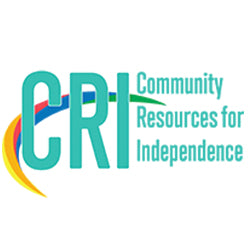In the good ol’ days, the common belief was that only age influenced the quality of your ovaries and eggs. It’s not a farfetched assumption if you consider the fact that women are born with all the eggs they will have in a lifetime.
However, recent research has told us that age may not be the determining factor when it comes to egg health!
Other factors come to play as well. To name but a few:
- Environmental circumstances
- Your health and fitness levels
- Your dietary choices
Contrary to age, the quality of your eggs is not ‘fixed.’
This is how it works. Every cycle, a couple of eggs start to develop under the influence of hormones. One of them ultimately is released by the ovaries. Which one is fairly arbitrary. Not the largest, the healthiest, or the genetically most advanced. Nope. It’s just a choice of nature. One you cannot influence.
This doesn’t mean there’s nothing you can do to improve the overall quality of your eggs. And this is great news for moms-to-be around the world!
While we cannot stop the aging process, we can influence our lifestyle choices. So what can you do to get your eggs happy and healthy?
-
Food
Food can be a source of vitamins and minerals. Try to replace the thought: ‘does it fill me?’ or ‘what do I want right now?’ with ‘does it nourish me?’ or ‘will my body thank me for eating this?’.
-
Stress
Managing stress is important when you are a mom-to-be. Try to find things that give you joy and energy throughout your week. Take a bath and light a few candles. Drink a cup of tea every night, and let your mind wander in whatever direction. Do something creative: start knitting, painting or journaling. Everything that refills your energy automatically reduces your stress.
-
Exercise
You may have heard this before. We all know it, right? But doing it, and sticking to it, may be harder than it seems. That’s why it’s important to start small: take the stairs more often. Make a phone call while you take a walk in the park. Take an hour every week to work in your garden. If you make exercise part of your everyday life, it’s more likely to become a good habit.


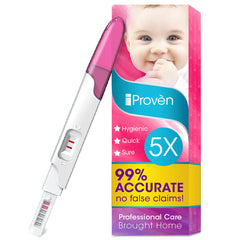



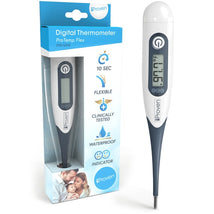
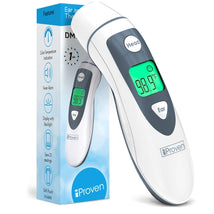
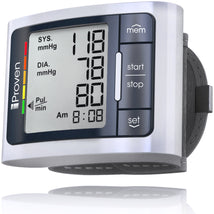
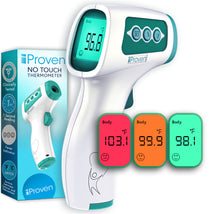

![iProven DMT-77 No-Touch Forehead Thermometer for Adults, Kids, Babies [Superior Accuracy, Upgraded Fever Alarm, Quiet Vibration Alerts] Digital Infrared Baby Thermometer with Ear Mode, Hypothermia Alarm](http://iproven.com/cdn/shop/files/AMI_DMT-77_image1_V3.3_MP_1_214x.jpg?v=1690531003)









